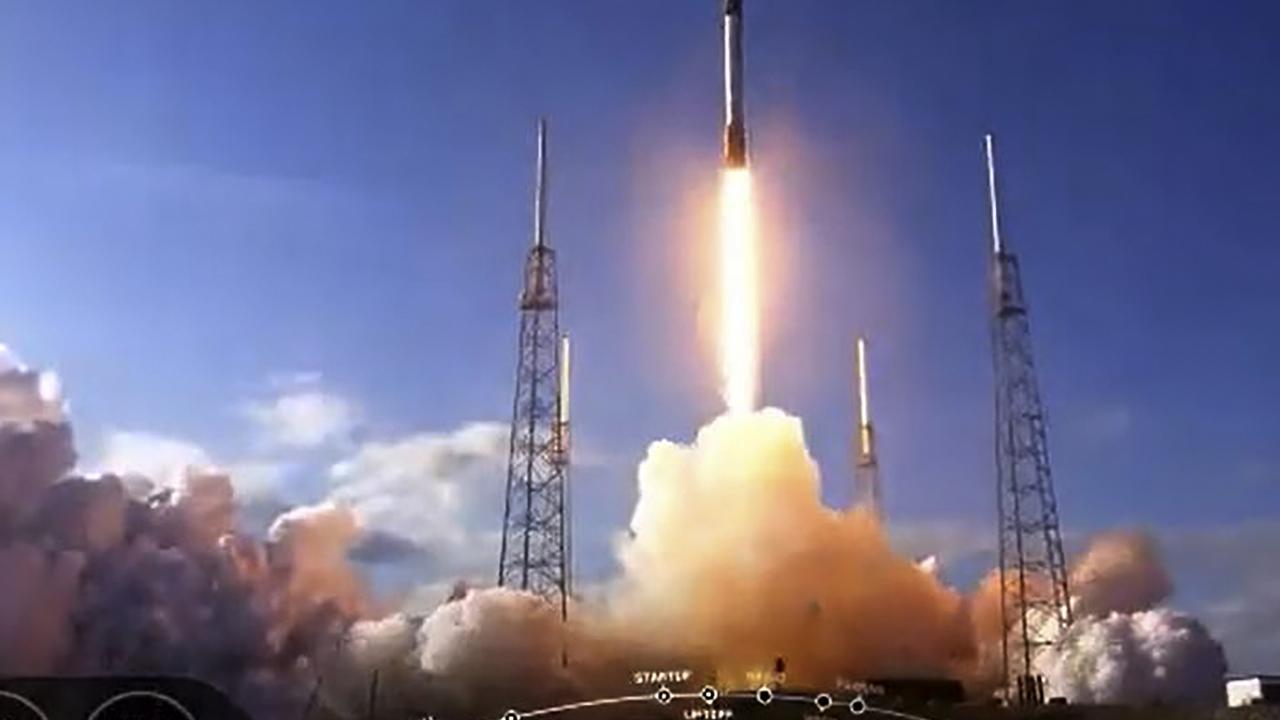Digital vaccination certificates will help the travel industry open up but there are questions
Local health experts back digital vaccination certificates for travel, but there is some caution.
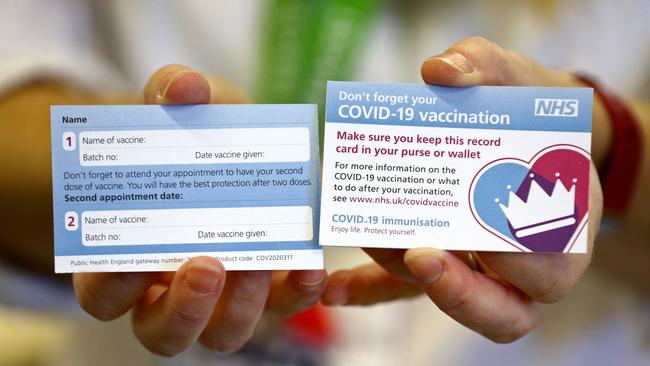
Australian health experts are optimistic that digital vaccination passports can help provide a safe environment for the resumption of normal overseas travel, possibly by mid 2021.
The digital vaccination certificate – a modern take on the little vaccination book carried by some children and commonly used decades ago – would help foreign countries keep track of the vaccination backgrounds of incoming international travellers. They’ll help airlines provide a safer in-flight environment.
Qantas has said that it will make vaccinations mandatory for those flying overseas and it is reported that the airline is working with the government and other carriers on the form a digital vaccination passport will take.
The World Health Organisation also is looking at the possibility of electronic vaccination certificates/passports as pharmaceutical companies gear to roll out the first vaccinations.
The WHO says it is working with “member states” on appropriate technologies for the COVID-19 response. “Discussions will need to address issues such as programmatic feasibility and required legislative framework, among others,” the WHO says in a statement.
To make these passports possible, countries including Australia are likely to maintain a vaccination register of citizens who undergo the jab.
Private companies too are increasingly proposing secure systems that will certify whether a traveller is vaccinated. On the weekend UK tech firm VST Enterprises said it had developed “ the world’s first secure 5-In-1 digital health passport and wallet”.
“The cross border, cross corporation V-Health Passport can be used by international governments, consumers and companies to authenticate a person’s true identity, their COVID test results and vaccinations,” it says.
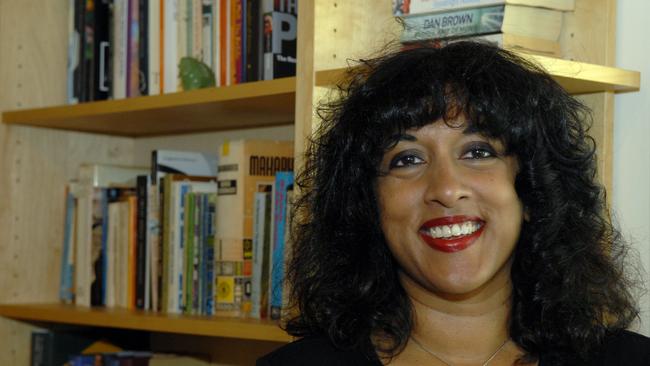
Another firm is proposing to adapt blockchain technology to creating an authentic digital vaccination certificate system.
However, there is concern that a certification system should be left to governments to avoid a hotchpotch of different digital vaccination certificate systems built by different companies.
Raina MacIntyre, head of the global biosecurity program at the Kirby Institute and a Professor at The University of NSW, says a plethora of different security systems will “open the door to fake certificates which will be very hard to monitor and police,” she says. “I think it‘s much better to have dealt with just like we have for yellow fever, use the same system.”
However, there is the issue whether early vaccines that stop people getting COVID-19 disease will also stop them asymptomatically spreading the virus.
If they are still spreaders, a vaccination certificate would be no guarantee that a person entering a country from overseas was not a risk without two-weeks’ quarantine.
This concern is not unprecedented. Research into whooping cough vaccine, for example, showed that while it protected people from the disease, they could spread the disease after vaccination.
Australian experts seem relatively unconcerned at this prospect.
Virologist Peter Andrew White from The University of New South Wales says any government will want to know who is vaccinated and they will need to keep a register of this. A digital vaccination passport “which I think you could put on your phone” would be part of this.
He says those vaccinated won’t be infected and won’t be a carrier “because to be a carrier, you have to be infected, and you have to be shedding virus”, Professor White says.
“So if you‘ve been vaccinated, and it’s all working as we expect it too, you will not get the infection and you will not be a carrier.”
Professor White says the only exceptions would be if the vaccine fails to generate sufficient antibodies or the vaccine recipient is immunocompromised. In that case a passport saying you are vaccinated would be misleading, but this would be “a very small cohort”.
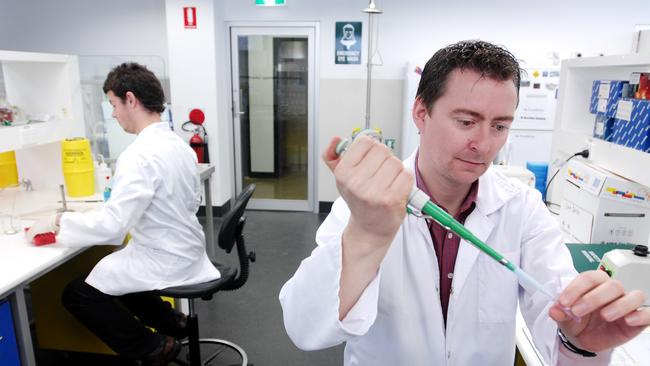
He says the way around this is to measure a person’s antibodies a month after vaccination and include a report of that in the digital certificate. He says such a procedure should be compulsory.
Professor MacIntyre also sees merit in a digital vaccine certificate, although she says we’re yet to find out the longevity of vaccine effectiveness, and hence a digital vaccination passport may not be meaningful over time. “That (longevity) is the big question,” she says.
“The data will come out over time and it may be that you have to show that you’ve had a booster. It’s got a precedent because we‘ve got yellow fever vaccination certification for example, to come into Australia, say from parts of Africa or South America.
“You have to have had yellow fever vaccination, and show us at immigration and customs.
“I don‘t think it’s unreasonable to suggest that people should have a certificate of vaccination. It’s in the best interest of all travellers for the individual that’s travelling and for others, and it enables the travel industry to open up and get going faster.”
Professor MacIntyre believes you can’t guarantee that a vaccinated person won’t shed virus. But she says the situation is manageable. “You can‘t guarantee that someone who’s vaccinated won’t shed virus, we don’t have enough data to look at that yet.
“Generally speaking, if the vaccine has a high level of efficacy, it will prevent infection altogether.” She says there is the possibility that less effective vaccines may not stop the infection, but will prevent you dying.
But the risk of outbreaks is dramatically reduced. “We won‘t be seeing outbreaks all the time by people who are returned travellers.”
She offers the example of measles where in Australia there is about a 95 per cent vaccination rate. She says there were small outbreaks caused by people entering Australia from overseas, but none have led to community transmission.
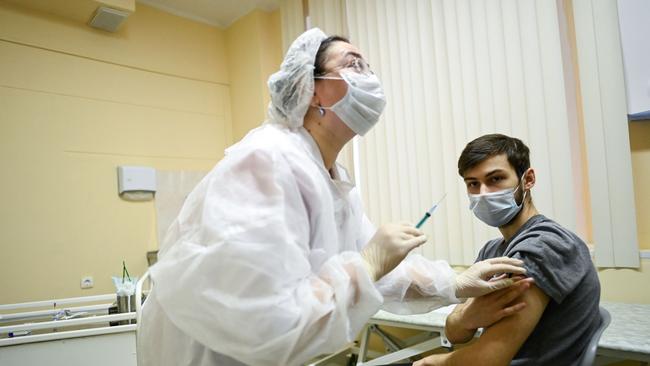
The World Health Organisation too is cautious about the currency of vaccinations. “What we do not know yet, is whether the vaccines against COVID-19 can actually block the transmission,” it says.
“Most clinical trials have fixed the prevention of symptomatic and severe disease as their endpoint, because the initial objective is to reduce death and severe COVID-19 illness.
“What would be ideal is for the vaccine to actually prevent the infection (so called sterilising immunity) and thus the transmission to others, so that perhaps, one day we could eradicate the infection altogether. But we still do not know that.”
Nevertheless it is pressing ahead examining the use of digital vaccinations certificates.
The WHO has cast doubt on the value of “immunity passports” for people who have already had COVID-19. “At this point in the pandemic, there is not enough evidence about the effectiveness of antibody-mediated immunity to guarantee the accuracy of an ‘immunity passport’ or ‘risk-free certificate’,” it says.
“People who assume that they are immune to a second infection because they have received a positive test result may ignore public health advice. The use of such certificates may therefore increase the risks of continued transmission.”



